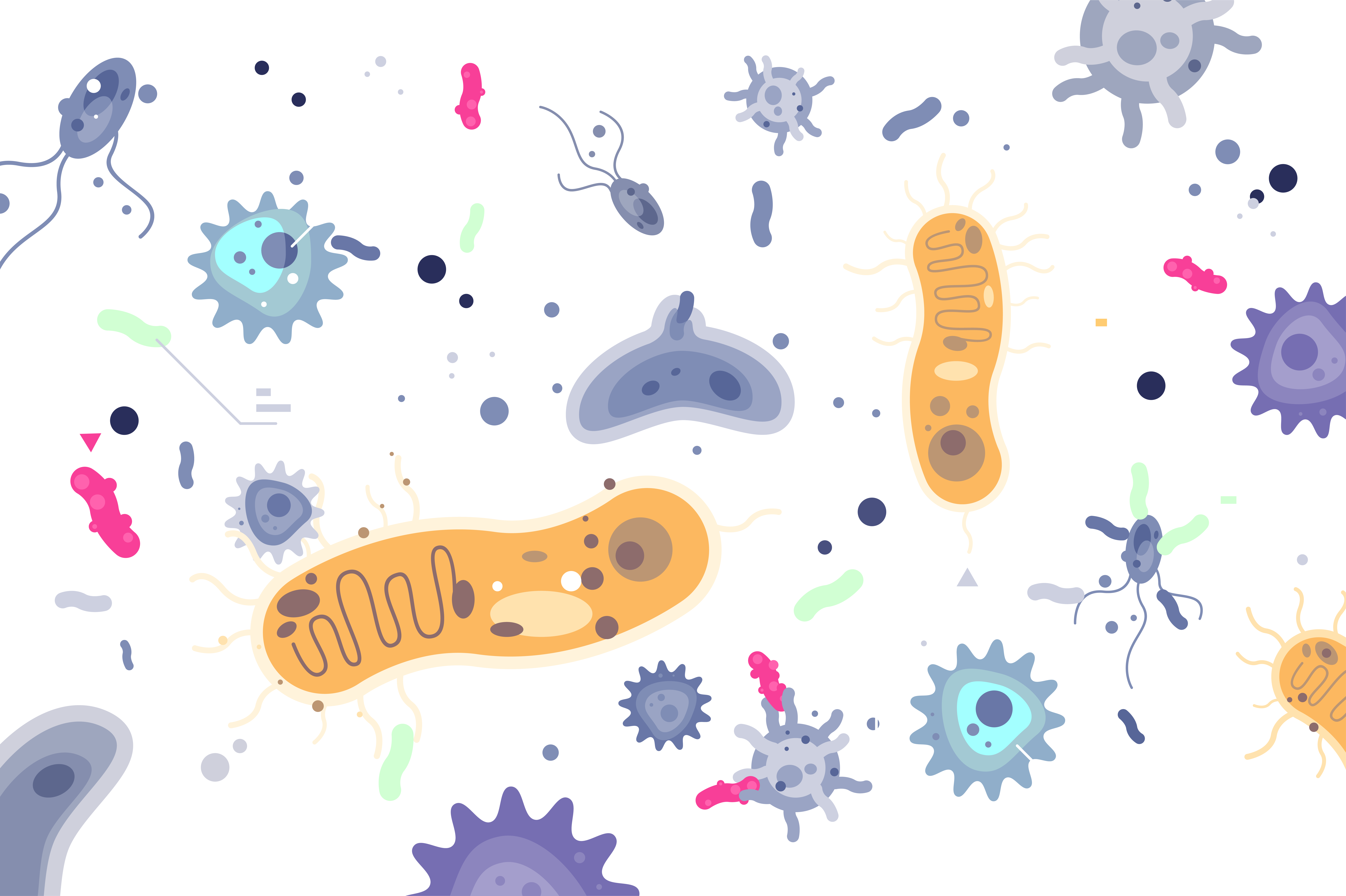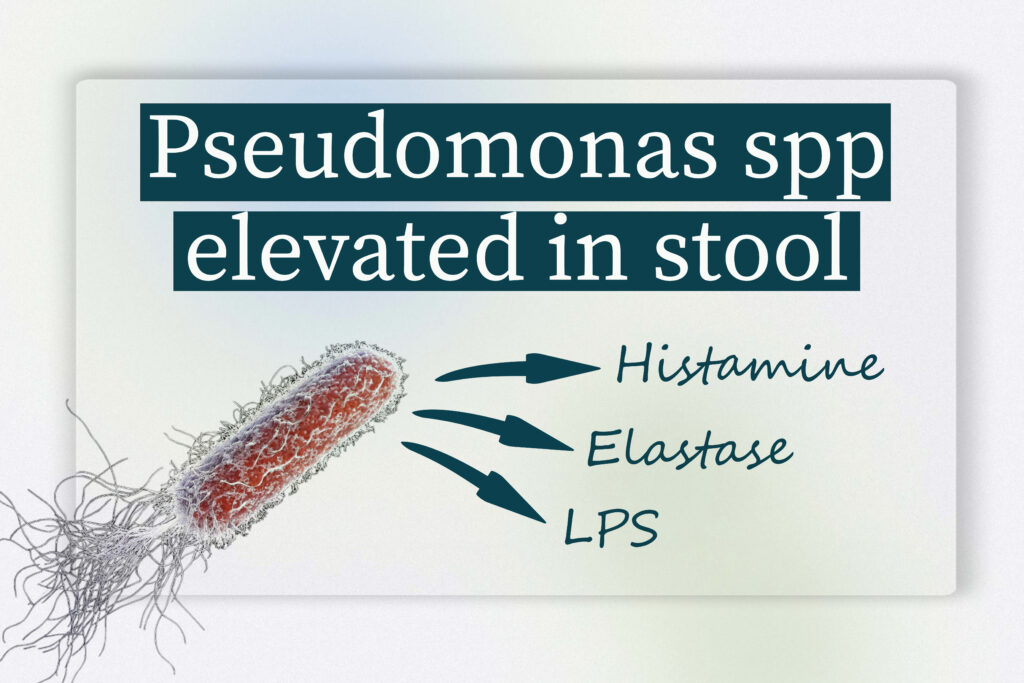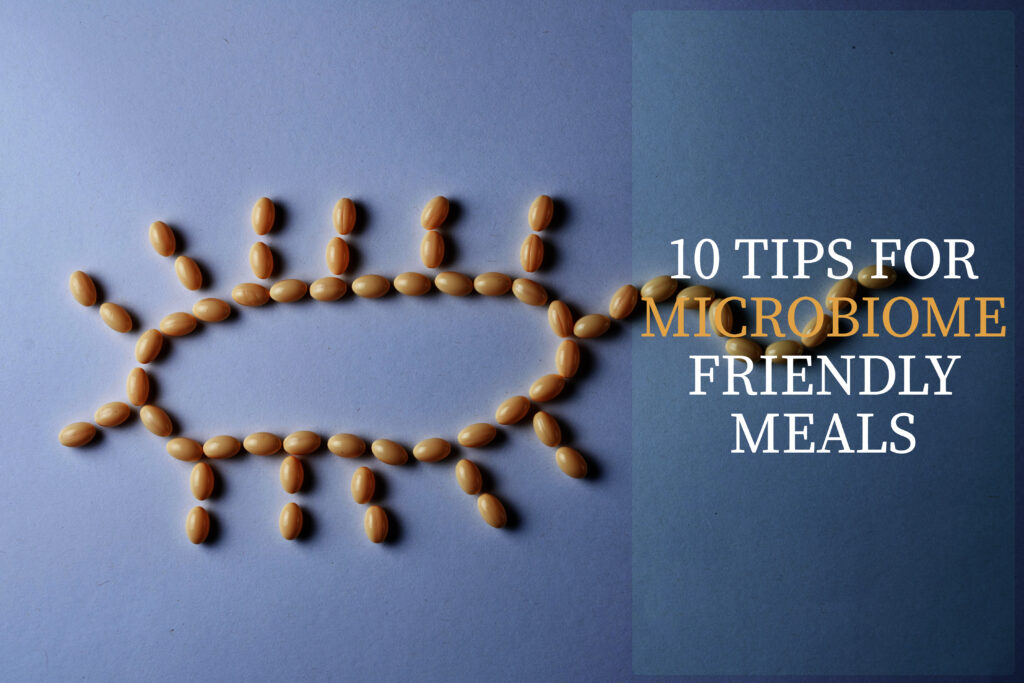Is autistic microbiome inherited?
At least in animal models ...

At first, we knew that children would aquire charactertics from their maternal and paternal genetic material. Then, we discovered that genetic traits could be traced several generations before our parents. Now, with the help of ancestry services, we found ourselves having genetic remnants from people who lived up to thousands years ago. In short, all the activities, the habits and the experiences humans had on this planet have been imprinted in our genetic code. It’s nature way to express… evolution.
Our species, our responsibility...
Well, this is not exactly how things are in reality. Being a synbiotic super-organism, we carry the genetic history of all our hosted organisms and we are subjected to the bidirectional dependance for survival and optimal thriving of all of them. All trillions of them!!! This dependance is present both in health and disease. For example, when humans are healthy, microbes make sure to provide the much needed butyric acid for higher brain function and immune vigilance. On the other hand when someone suffers from the flu, his gut bacteria produce defensins, immune enhancing molecules, to help him fight the disease.
What about autism?
Well, autism is a different story. No one really knows much about it. A few years ago we scratched the surface of the connection between the gastrointestinal function and autism and what we have learned by now is that these two are certainly connected in many and different ways. But could the microbiome define a context where autism can grow, or otherwise, could a specific microbiome pattern inhibit the appearance of autistic behaviors? At least in rats it seems true.
My mom's microbiome is better than yours
Researchers from the University of Virginia School of Medicine discovered something that, all of us who deal with autistic cases have long suspected but could not prove it. Maternal microbiome during and before gestation sets the context for autism predisposition. At least in mice. In short, these researchers took germ-free mice (i.e. with no gut microbes) and split them in two groups. The first group was colonized with microbes coming from healthy mice, whereas the other group was colonized with bacteria coming from an autism mouse model. Then, they impregnated them and studied their offsprings using standard techniques. Well, the results were astonishing. Mice born from mothers whose microflora originated from the autism model exhibited autistic behavior. The others didn’t. By changing only one parameter, they managed to accurately determine which descendants would show autistic behavior and which would not.
Microbiome and brain health
The road to finding the exact causes of autism is a very long one, and in my opinion there is no one cause, but a combination of patterns… Nevertheless, the puzzle will come to its solution piece by piece, and this piece is very interesting. The living organisms in our gut should be considered an internal organ. Besides, as every endocrine organs, it secretes and sends signals to all parts of our body, no matter how distal they are.
Neuro-diseases that SCFA's improve in animal models
Govindarajan, Nambirajan, et al. “Sodium butyrate improves memory function in an Alzheimer’s disease mouse model when administered at an advanced stage of disease progression.” Journal of Alzheimer’s Disease 26.1 (2011): 187-197.
Laurent, R. St, Liam M. O’Brien, and ST3721507 Ahmad. “Sodium butyrate improves locomotor impairment and early mortality in a rotenone-induced Drosophila model of Parkinson’s disease.” Neuroscience 246 (2013): 382-390.
Kratsman, Neta, Dmitriy Getselter, and Evan Elliott. “Sodium butyrate attenuates social behavior deficits and modifies the transcription of inhibitory/excitatory genes in the frontal cortex of an autism model.” Neuropharmacology 102 (2016): 136-145.
Ferrante, Robert J., et al. “Histone deacetylase inhibition by sodium butyrate chemotherapy ameliorates the neurodegenerative phenotype in Huntington’s disease mice.” Journal of Neuroscience 23.28 (2003): 9418-9427.
Han, Arum, et al. “Possible additional antidepressant-like mechanism of sodium butyrate: targeting the hippocampus.” Neuropharmacology 81 (2014): 292-302.
My experience
Families of children with autism often express concern about their child’s gastrointestinal symptoms. As my main focus is the role of the microbiome in gut health, I always emphasize to parents the importance of addressing these issues for the child’s overall well-being. In many cases, parents are able to make the necessary changes to their child’s diet and lifestyle for a period of three months or more, and they often find that not only does their child’s gut function improve, but their autism symptoms also improve. This can be a challenging process, as children with autism often have selective diets. However, with persistence and support from parents, these changes can make a big difference for their child’s overall health and quality of life.

With a background in Chemistry and Biochemistry from the National and Kapodistrian University of Athens, Theodoros brings a wealth of knowledge in functional medicine and advanced treatments to his role. He possesses exceptional skills in analysis, pattern recognition, diagnostic translation, and storytelling. He is also FMU certified in Functional Medicine and has received training in advanced treatments from the Saisei Mirai Clinic in Japan.


